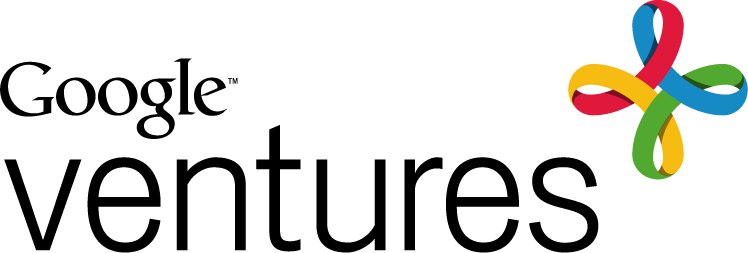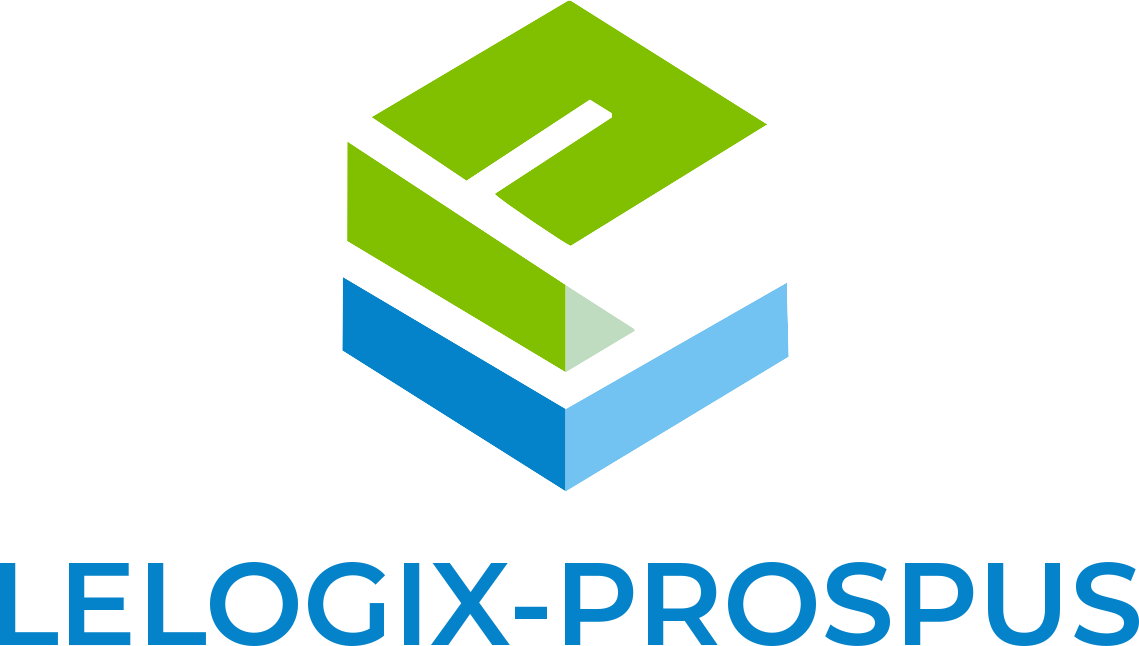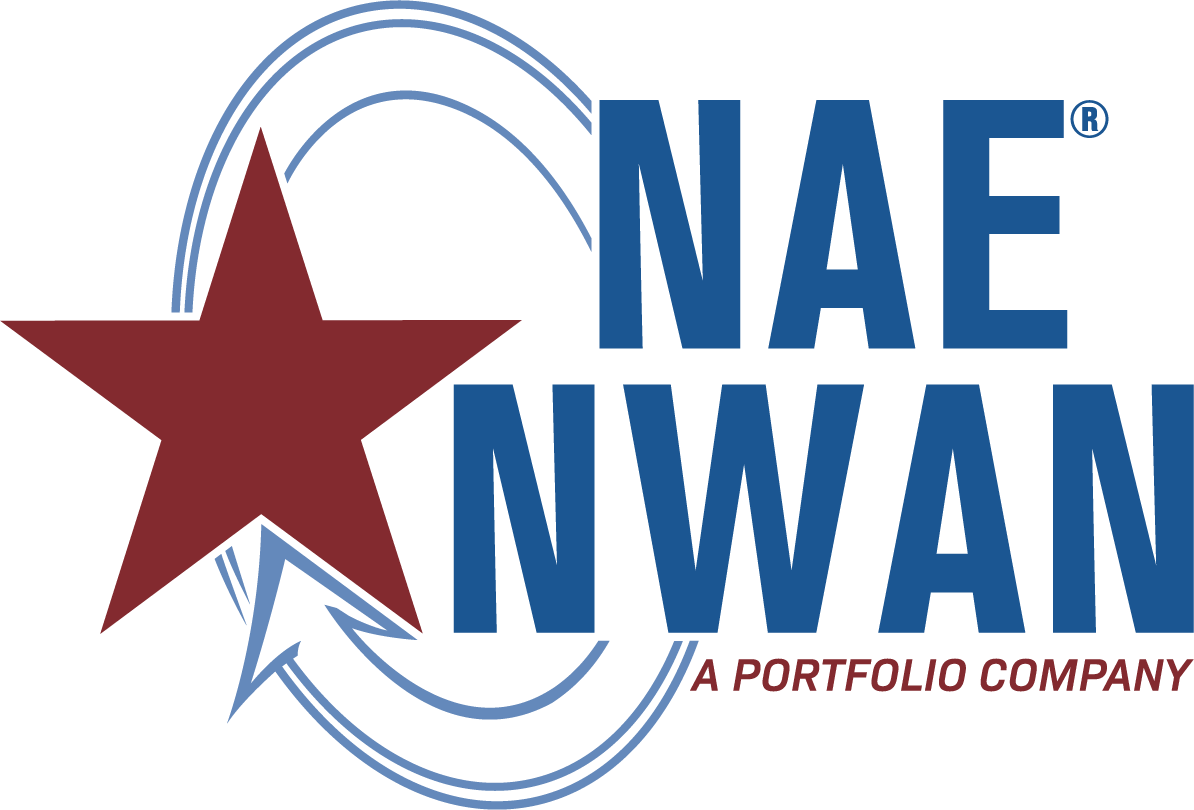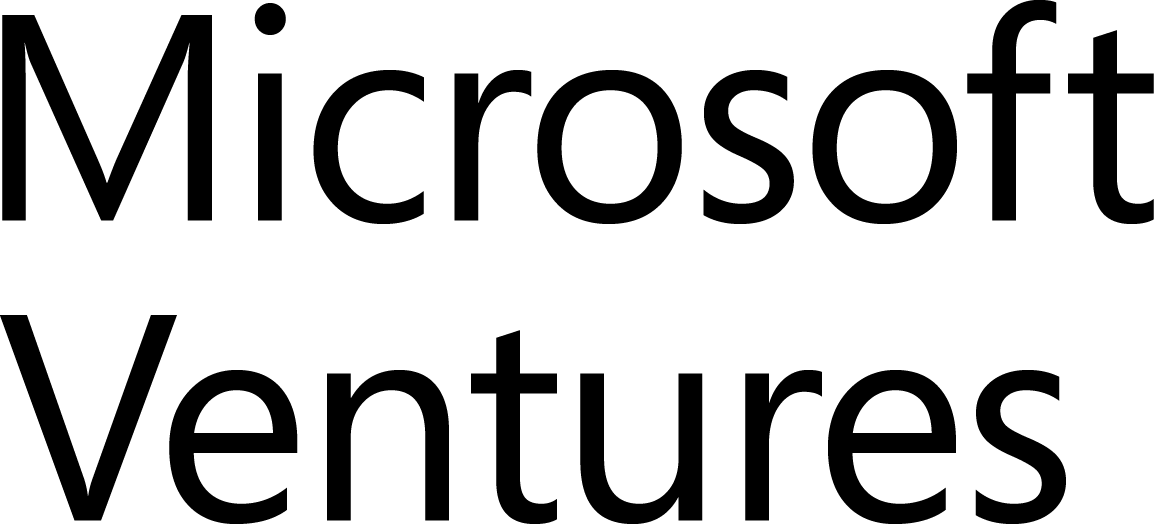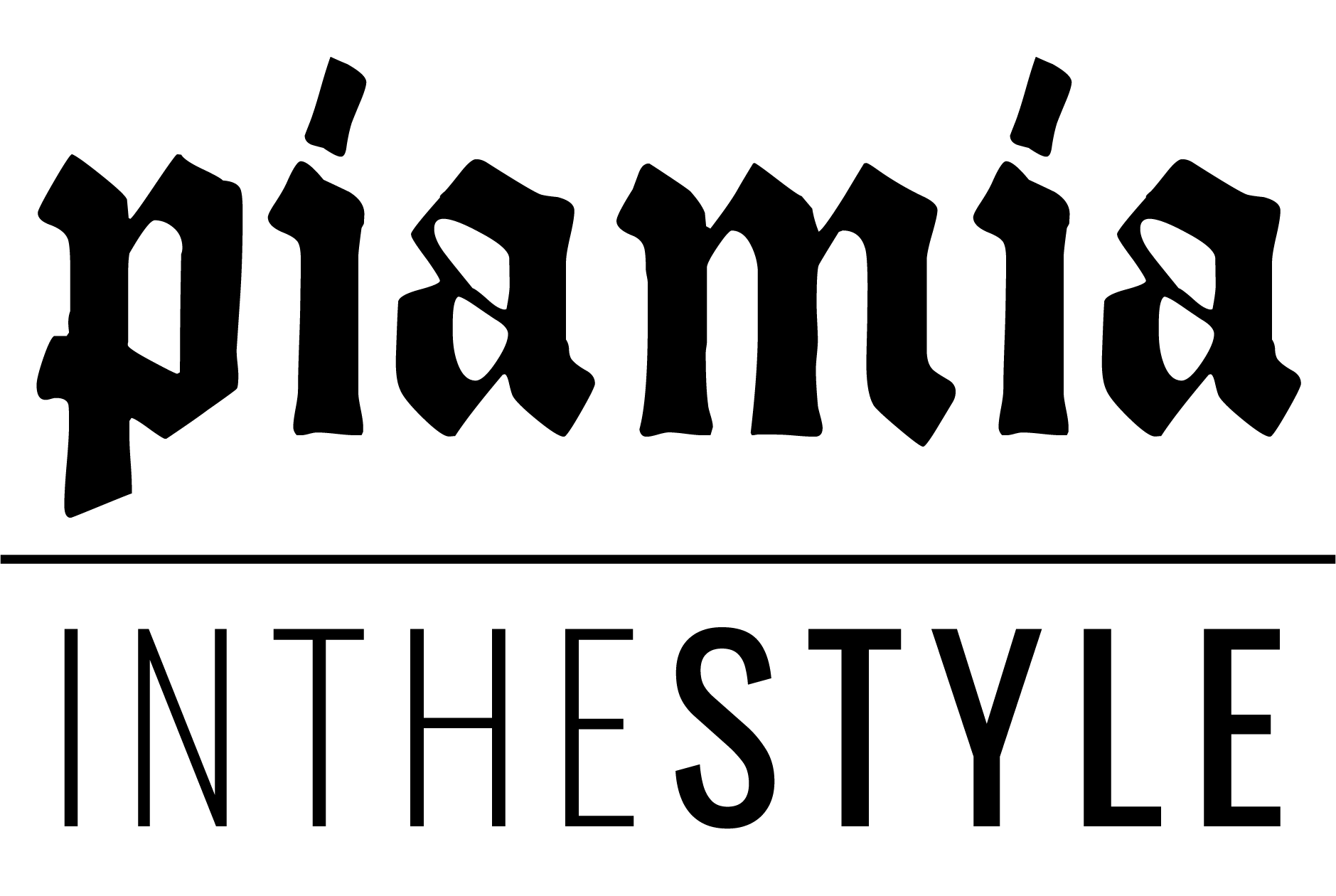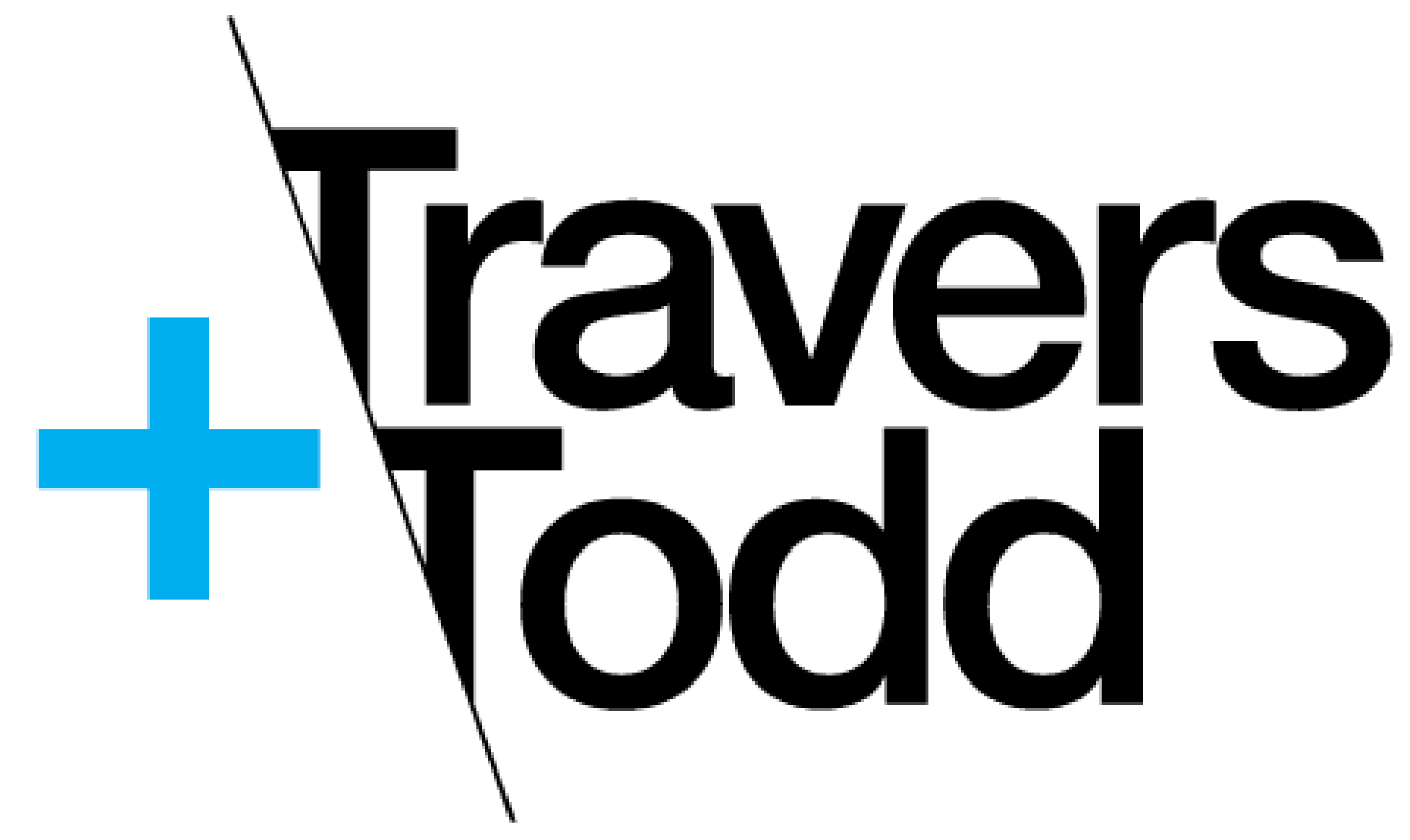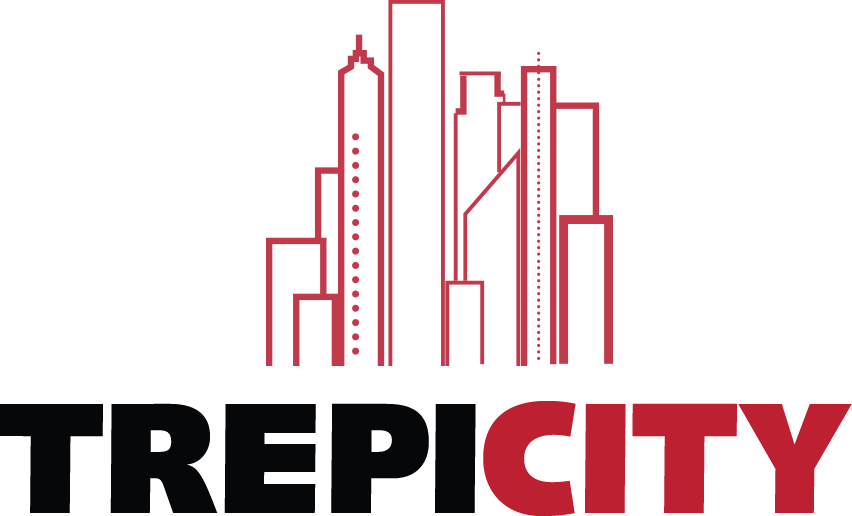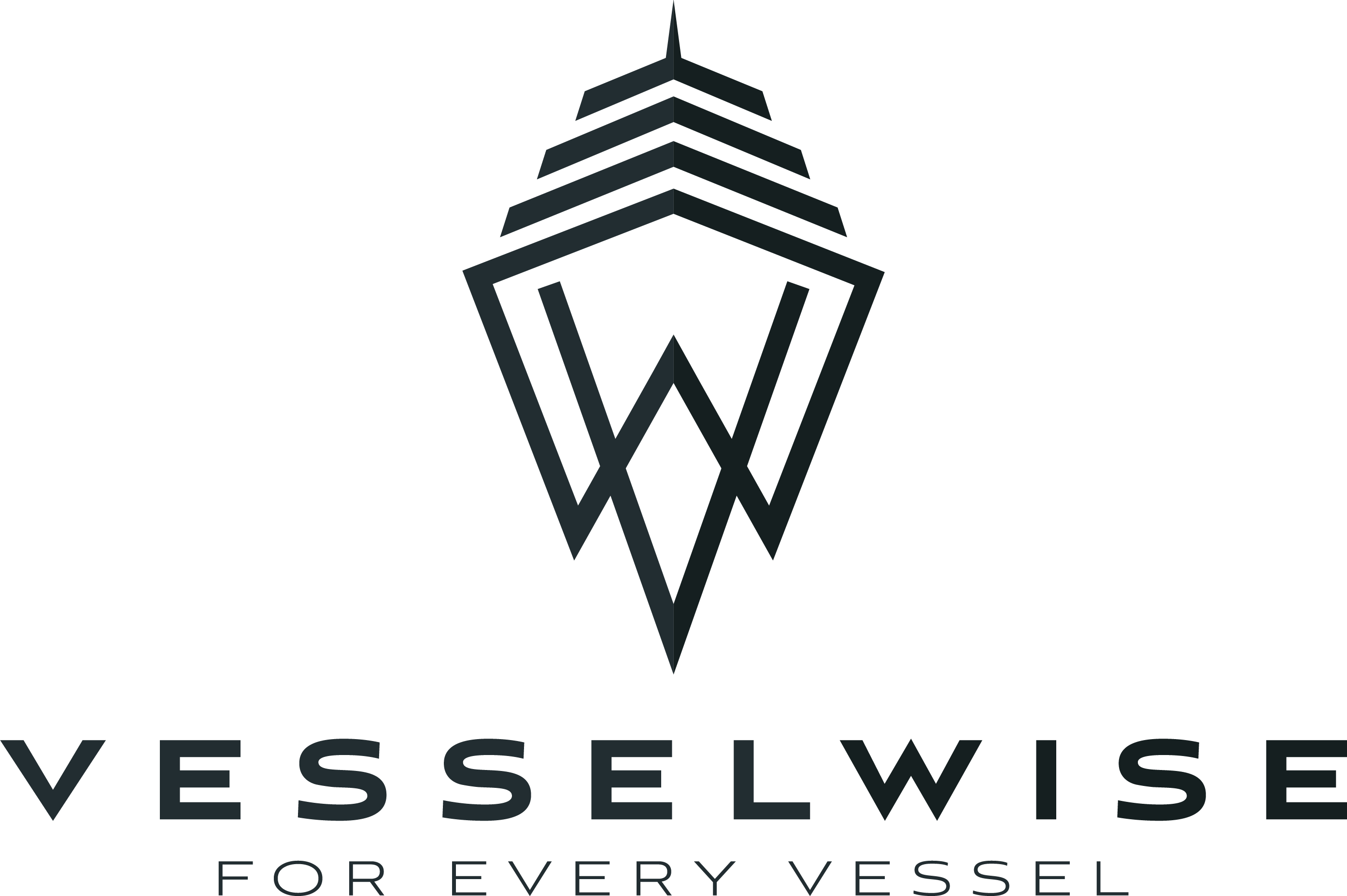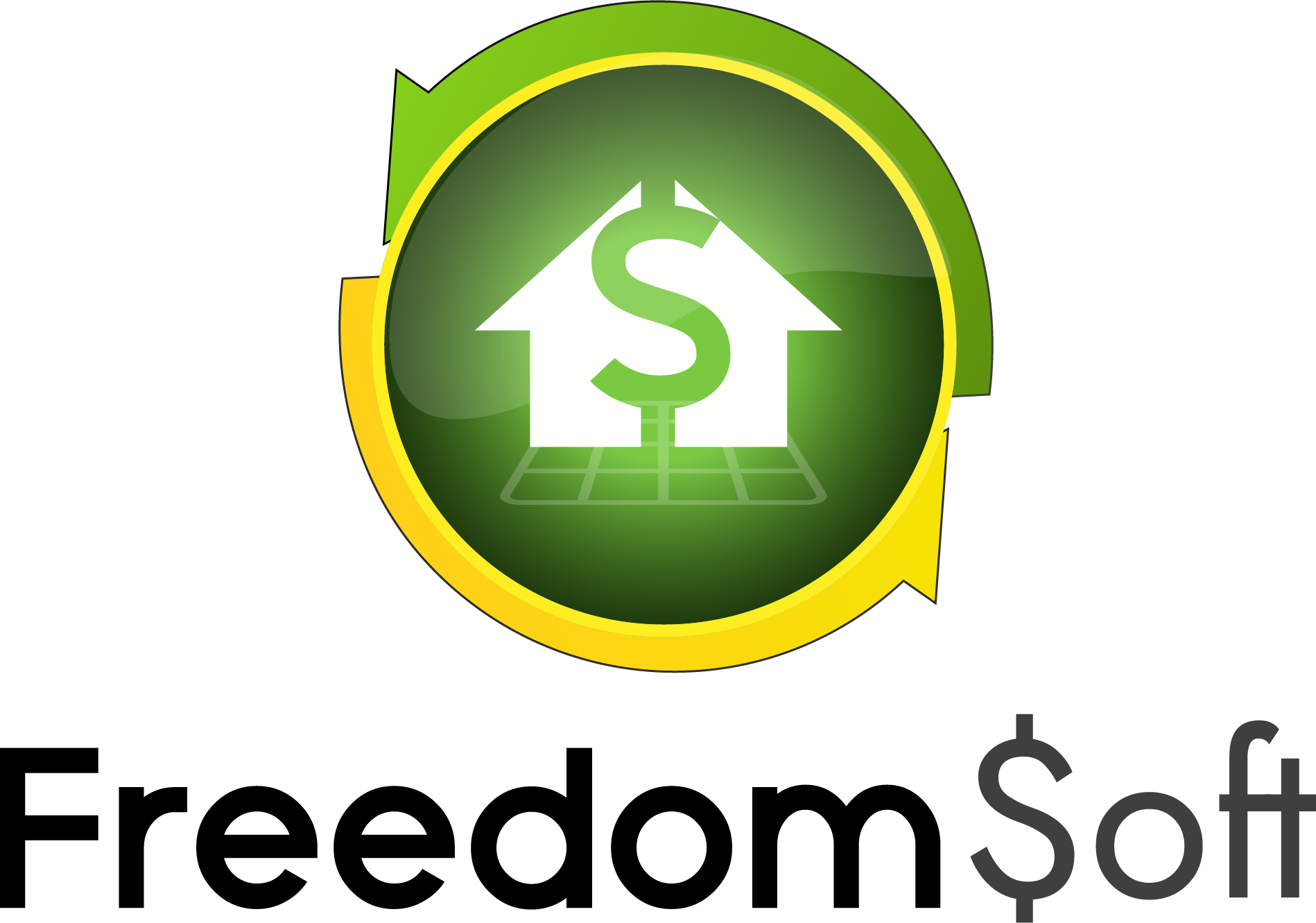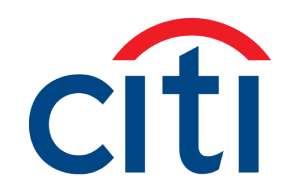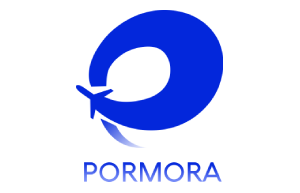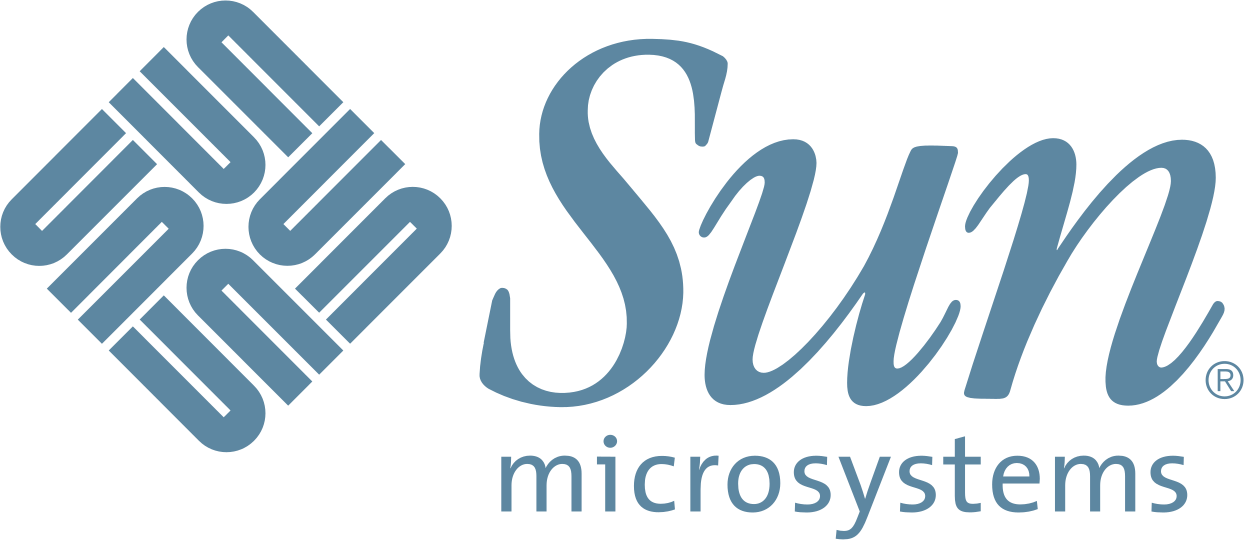In this paper we examine how the Internet of Things may impact our day-to-day lives. Would the internet of billions of things simplify our lives, or just fuel a digital chaos?
The Internet of Things (IoT) is currently a hot topic in the marketplace. According to the technology research firm Gartner, there will be nearly 26 billion devices connected to the internet by 2020, while ABI Research estimates more than 30 billion,1] and Cisco estimates 50 billion. That sounds very promising and exciting, but it also begs the question, what are the implications of living in a world with billions of connected devices? With the IoT becoming so pervasive, it will likely touch most aspects of our personal and professional lives, making it a potentially transformative, disruptive technology—at least in theory. With such a vast scope, the IoT is bound to have an immense impact on consumers. So, let’s imagine the broad possibilities of a true Internet of Things.
The Fundamental Challenges
With billions of connected devices around me, at least a dozen of which are my own—my television, personal phone, work phone, tablet, laptop, smart watch, heart-rate monitoring shirt, fridge, microwave, washing machine, coffee maker, my dog’s collar, and so on—what do I expect from my network? Lots of messages, with a different login, password and user interface for each device. The information I receive may be useful, but despite the promise of doing so, it’s hard to argue that it actually simplifies my life.
We already have to deal with different login credentials, portals and user interfaces for our bank accounts, social accounts, personal and work emails, etc., and all of these send different types of messages. With more connected devices of more diverse types, we can only expect more of the same. That is, an even greater number of messages sent at a much faster rate over yet more unique interfaces. Yes, there will be more information at our disposal, but the amount of time and energy we’ll spend getting it will also increase. Absolute limits on our time will ultimately limit our consumption and increase our resistance to new functionalities, as it would require us to learn even more devices and interfaces in order to access them.
When someone needing information has to go through multiple interfaces and operations to get it, he is ultimately discouraged from following through, despite his original intent. I call this digital intention obstruction, that is, how many discrete operations stand between users and the information they want. Often, intention obstruction causes us to lose interest in completing a task. For example, consider attempting to access a video or an article online only to hit a sign-in prompt or an ad that you can only skip after five seconds. In many cases, potential readers and viewers simply won’t bother and will move on to something involving less hassle. If my fridge, TV, watch and everything else around me were to begin throwing similar obstructions my way, while also requiring me to go through different interfaces to perform basic actions—I’d say that’s a sort of connectivity I could do without.
When we talk of a connected world, we want one that makes our lives easier, making tasks more convenient and more interactive with minimal interference. We want to reduce intention obstruction, not add to it. We also want freely accessible technology, not a pay-to-play world or a restricted mesh of devices that only work with those particular things that certain sellers want us to use.
Given how pervasive the IoT can be, touching nearly every aspect of our lives, privacy concerns also arise. Who will control the Internet of Things? If there is primarily only one company managing the data generated by these devices, it could potentially create a monopoly, hurting consumers and other companies. On the other hand, if multiple companies are given access to the information, wouldn’t that breach consumer privacy?[2] Generally, the idea of consumers primarily owning their own data is not considered, and one wonders why. These privacy and ethical issues might be effectively addressed if device owners could create, maintain and choose to willingly share only the data they want to.
The Internet of Things has the potential to transform our lives. But for it to be successful and gain acceptance among the masses, it has to bring greater functionality that easily outweighs any obstructions, if we are to justify its inclusion in our already complex everyday lives. For the same reason, not only minimizing obstructions, but also ease of use, privacy and interoperability are critical concerns IoT providers should be able to address. Ultimately, the IoT should respect the privacy of consumers, while increasing convenience through truly useful functionality and free contextually-embedded tools.
Citations
1. Wikipedia: Internet of things, http://en.wikipedia.org/wiki/Internet_of_Things Accessed: Monday, Feb 9th, 2015.
2. Suny Corland: The Internet of Things, https://sites.google.com/a/cortland.edu/the-internet-of-things/disadvantages Accessed: Tuesday, Feb 10th, 2015.



